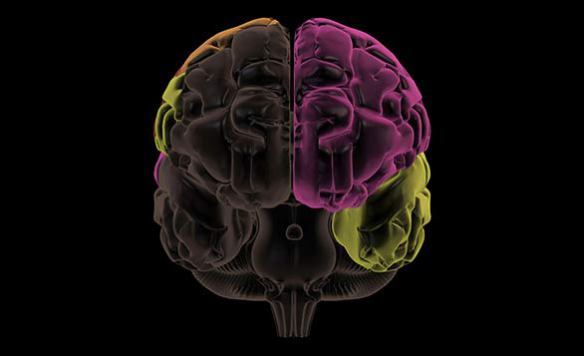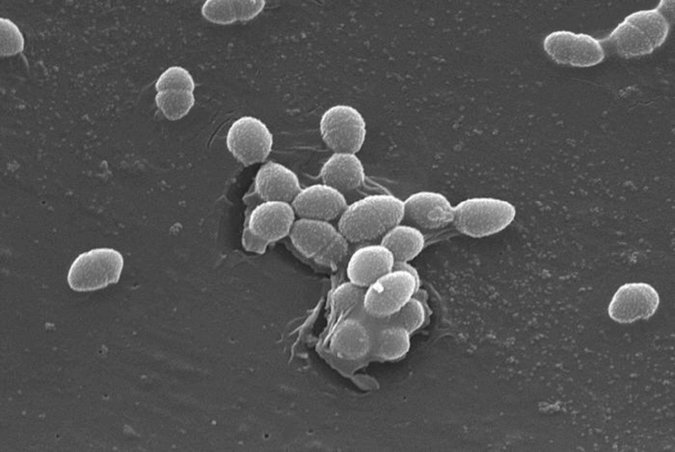The Science of Dreams and Why We Have Nightmares | Brain Pickings
Geege Schuman stashed this in Psychology
Stashed in: Dreams!, Brain, @brainpicker
And yet theories continue to differ. Ernest Hartmann, a professor at the Tufts University School of Medicine, studies the content of dreams and how it relates to their function:
Hartmann sees dreams as a form of built-in nocturnal therapy. In dreams, he says, the mind takes what is new or bothersome and blends it into what the brain already knows, making the new information seem less novel or threatening. … Hartmann argues that the life of early man was filled with the kind of traumas — watching friends gored by animals with sharp tusks or fall through holes in the ice and drown, just to give you two possibilities — that few people experience today. Those who were able to regain their emotional balance after living through a traumatic event were more likely to survive over the long run than those who dwelled on the negative.
As evidence of his theory, Hartmann points to the fact that the mind has a tendency to replay scary or harrowing experiences in dreams almost exactly as they happened in real life for several nights after the event. … For some people, however, the brain gets stuck replaying traumas, like a band that only knows one song. When the brain fails to set aside the event in its long-term memory — a move that researchers see as a sign that the emotional system has come to accept what happened and can now put it into perspective — a person may experience recurring nightmares, which is one of the hallmarks of post-traumatic stress disorder.
Hopefully the brain can be taught to move past this.











4:01 PM Jun 20 2014